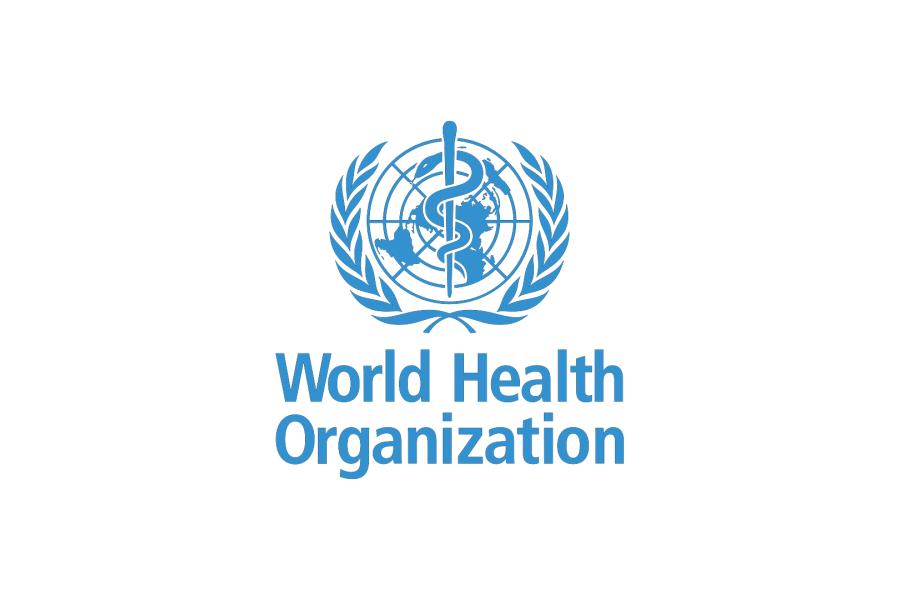Half of HIV-infected people in Europe is diagnosed late
01 December 2017
- Late HIV diagnosis is the main topic of the 2017 World AIDS Day for the World Health Organization’s (WHO) European Region, which is the only region worldwide where the number of new HIV infections is rising.

With more than 160,000 people newly diagnosed with HIV across the region, including more than 29,000 new cases from the European Union and European Economic Area, this trend continued in 2016. One reason for this worrying trend: over half (51%) of the reported HIV diagnoses happen in a late stage of infection.
“Testing people late, particularly those at higher risk of infection, results in late treatment and further contributes to the ongoing spread of HIV,” said Dr Zsuzsanna Jakab, WHO Regional Director for Europe.
“The HIV epidemic continues to rise at an alarming pace in the European Region, mostly in its eastern part, which is home to almost 80% of the 160 000 new HIV diagnoses. This is the highest number of new cases ever recorded in one year. If this trend persists, we will not be able to achieve the Sustainable Development Goal target of ending the HIV epidemic by 2030,” warned Dr Jakab.
The WHO Member States created World AIDS Day in 1988, which is celebrated around the world on 1 December every year. It has become one of the most recognised international health days and a key opportunity to raise awareness, commemorate those who have passed on, and celebrate victories, such as increased access to treatment and prevention services.
WHO and its country office support Azerbaijan’s Ministry of Health and the National AIDS Centre in conducting number of activities devoted to World AIDS Day 2017 and European HIV Testing Week, as well as preparing the awareness materials.
Early diagnosis: higher life expectancy and less transmission!


